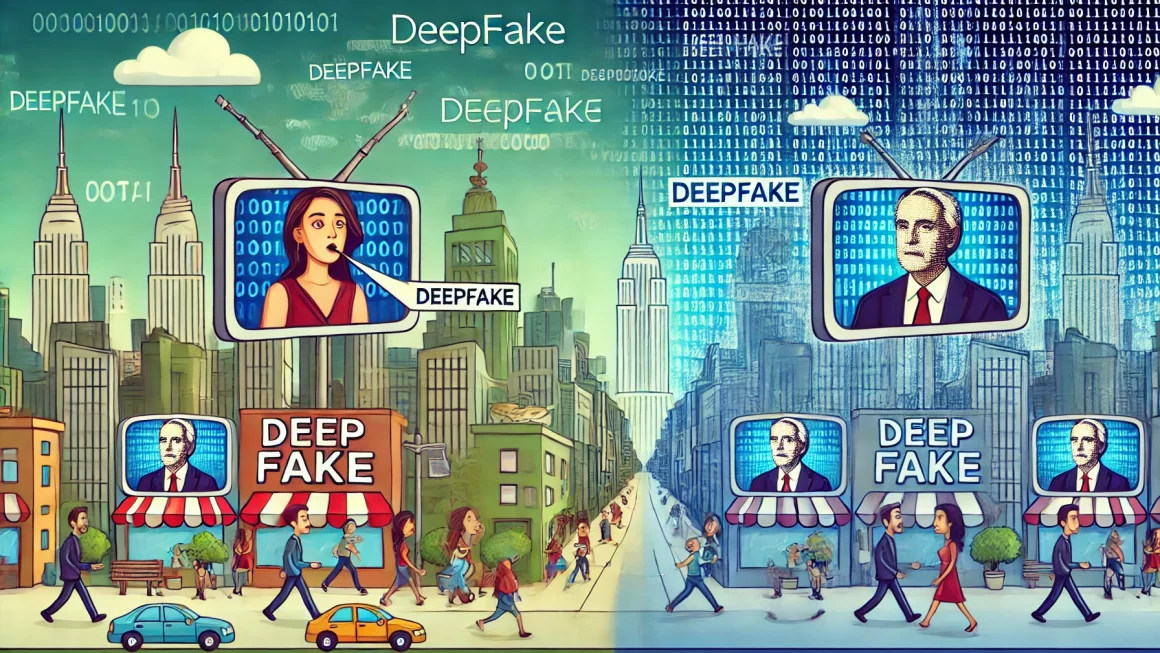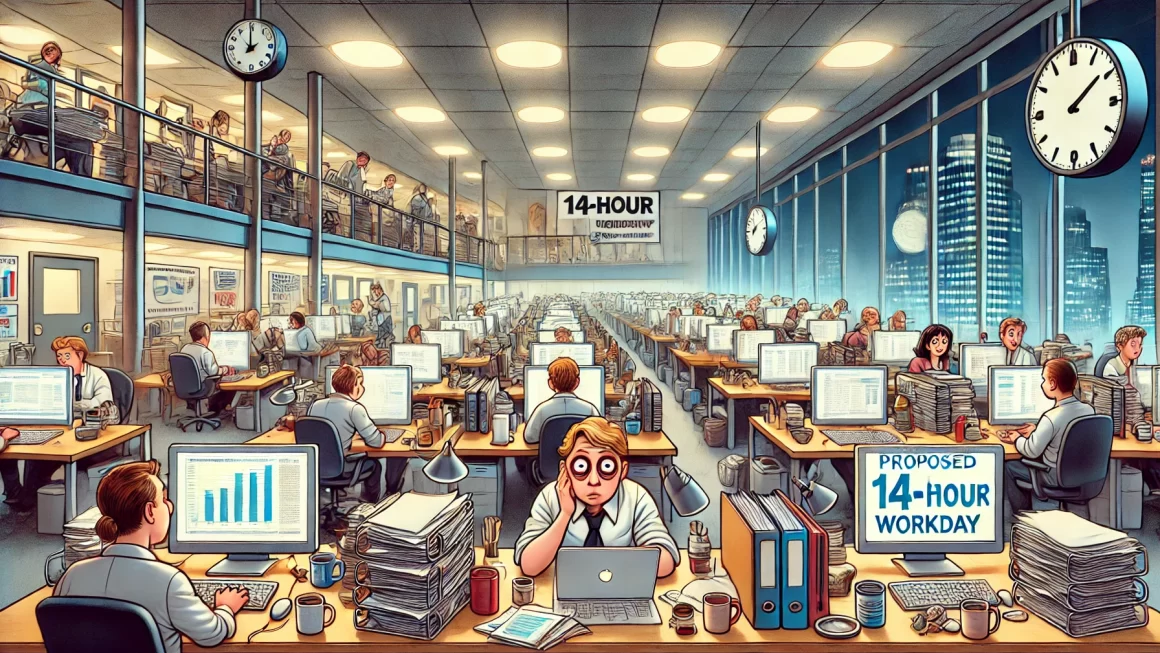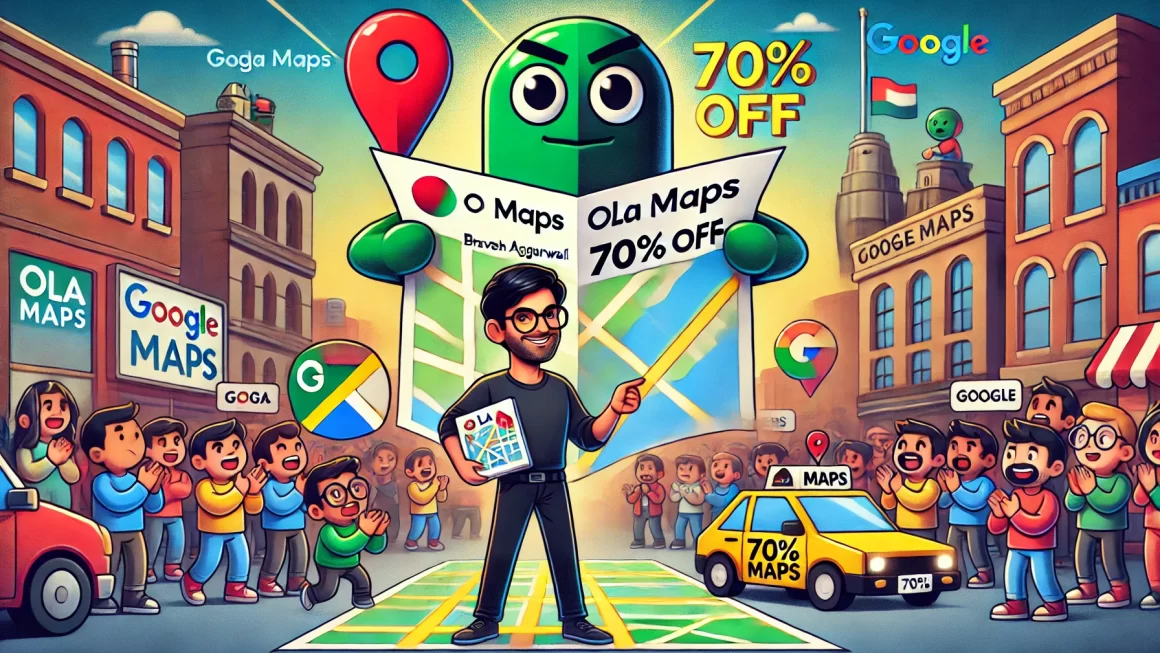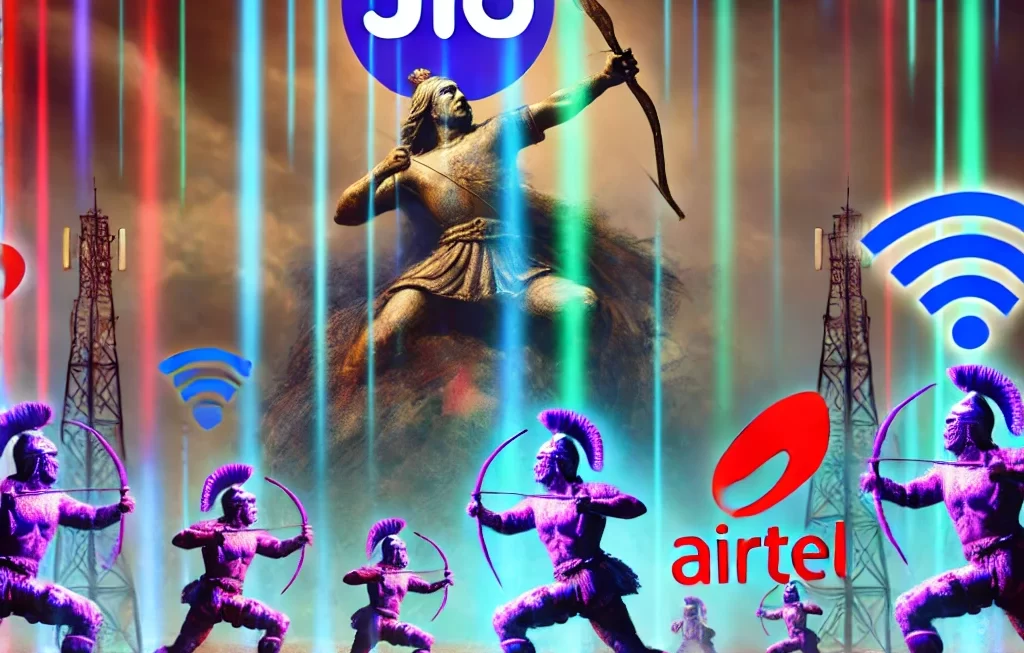In recent years, the rise of deepfake technology has sparked widespread debate and concern. Deepfakes, which use artificial intelligence to create highly realistic but entirely fabricated audiovisual content, are becoming increasingly sophisticated and accessible. This technology holds the potential to disrupt media integrity and personal identity, challenging our ability to discern truth from deception.
Understanding Deepfakes
At its core, deepfake technology involves using AI algorithms to manipulate or generate visual and audio content with a high degree of accuracy. The term “deepfake” is a blend of “deep learning” (a type of machine learning) and “fake,” indicating the artificial nature of the content. Initially seen as a novel tool in video editing and entertainment, deepfakes are now recognized for their darker implications, especially in the realms of politics and personal security.
The Media Landscape: A Realm of Distorted Realities
The media, a pillar for disseminating information and shaping public opinion, faces significant threats from deepfakes. Fabricated clips can be used to create false narratives or manipulate public perception. For instance, a political figure could appear to make a controversial statement that they never actually made, influencing voter behavior or sparking unjustified backlash.
The case of Rashmika Mandana, a well-known actress, highlights this issue vividly. A deepfake video featuring her in inappropriate scenarios circulated online, damaging her reputation and causing personal distress. Such misuse showcases the dangerous potential of deepfakes to harm individuals’ public images and personal lives without their consent.
The Political Arena: Undermining Trust
In politics, deepfakes can be particularly destructive. Amit Shah, India’s Home Minister, was another victim of this technology. A deepfake video portrayed him making fake statements that could incite tensions or misinformation. When political figures are depicted inaccurately, it not only harms their credibility but also jeopardizes public trust in governmental institutions.
Personal Identity at Risk
Beyond media and politics, deepfakes threaten the very essence of personal identity. Imagine finding a video of yourself saying or doing things you never did. This scenario is becoming a disturbing reality for many, leading to psychological distress and a complex web of legal and ethical questions about consent and personal rights.
Ethical Challenges and the Path Forward
The ethical challenges posed by deepfakes are profound. They raise questions about the right to one’s image and voice, the limits of artistic freedom, and the balance between technology innovation and privacy rights. To address these issues, it is crucial to develop robust legal frameworks and technological solutions that can detect and flag deepfake content. Public awareness and education will also play a critical role in mitigating the impact of this technology.
In Conclusion
As we stand on the brink of what might be a major shift in how reality is perceived, the need for a responsible approach to the development and use of deepfake technology has never been more urgent. While there is potential for creative and positive applications, safeguarding the pillars of truth and trust in our society must be a priority. We must tread carefully, ensuring that innovations such as deepfakes do not spiral out of our ethical and control boundaries, eroding the fabric of our shared reality.




